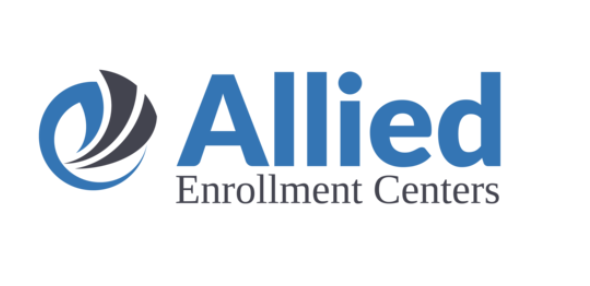If you are looking for a type of investment that will expand your current financial portfolio and has the potential for some serious income, a commercial real estate investment might be the perfect choice for you. Joe Fairless has five tips to get you started.
1. Learn the Basics
Commercial real estate is a property that is used for business or retail purposes. These are called commercial tenants. The business or retail company has a lease for the space, and they pay rent based on the agreed-upon lease contract and schedule.
Commercial real estate is different from residential real estate in that you’re talking about businesses being tenants vs. people. Commercial real estate is not traditionally a living space (although large high-rise condominium units with more than four separate units actually qualify for commercial zoning).
In addition to the revenue potential attached to investing in a piece of commercial real estate, Joe Fairless notes that there are also tax benefits, and it’s arguably a less-risky investment than residential real estate.
2. Understand Your Local Market
To invest in a piece of commercial real estate means you are hoping to see a return. Real estate investment is also a long-term strategy, so understanding the local market and trends over time will help you make a good decision.
While you might think many first-time commercial real estate investors stay in their hometown or an area of familiarity, if you do your research, you can invest in a wide range of markets all over the place.
There is a lot of public information about the real estate market in an area, but investors also partner with professional real estate agencies in the city that is of interest to them. You do not have to navigate the market and demographic analytics on your own.
3. Do Your Research
While part of your research is done in tip #2 above, another big piece is doing research on the actual property. This is another area where a lot of information is public online knowledge, but you can also visit the local municipal office in person to discuss the piece of real estate in question.
Anything you can get your hands on regarding the history of the building, approval plans, construction documents, tax information, etc., is beneficial. You can check on past sales, current leases, inspection reports, and valuation fluctuations.
4. Know How to Compare
No two pieces of commercial real estate are alike, just like no two houses in the same neighborhood are truly alike. In order to make the best decision on a piece of commercial real estate, it’s suggested to look at the bigger picture and compare.
You’re looking for what’s called a “comparable sale.” This means you need to find a piece of commercial real estate in the same local market that is similar enough to the property you’re considering to make accurate predictions and projections.
5. Calculate Your Return
Any investment is a risk, but there are a lot of strategies you can use to try and understand how much money you need to spend and how much money you’re predicted to make as a return. All of the tips above will help with this calculation, but at the end of the day, you need to be comfortable with all of the financial aspects of the piece of commercial real estate in question. This includes upfront costs, ongoing costs, and potential money coming back to you (and how often).
When you do your homework and follow the easy advice of Joe Fairless, commercial real estate becomes a viable and potentially profitable endeavor.












